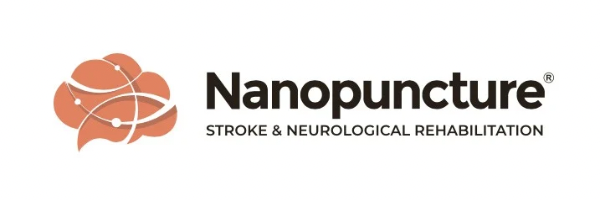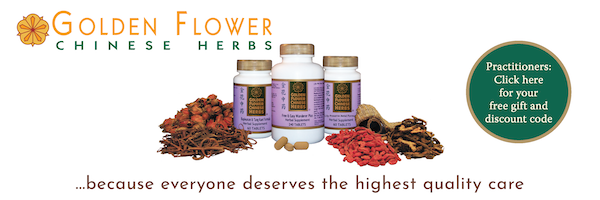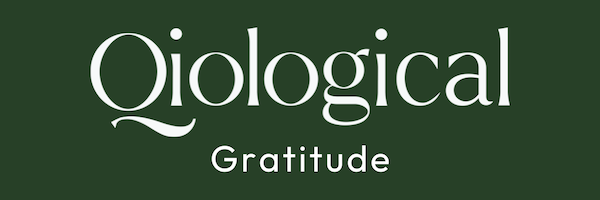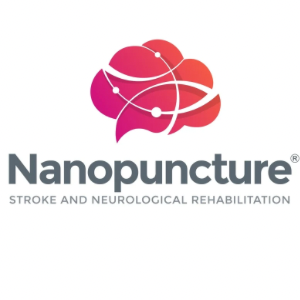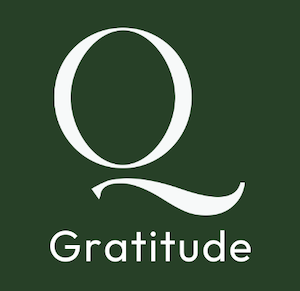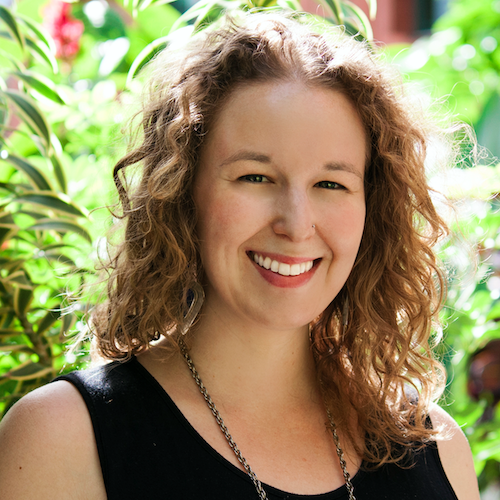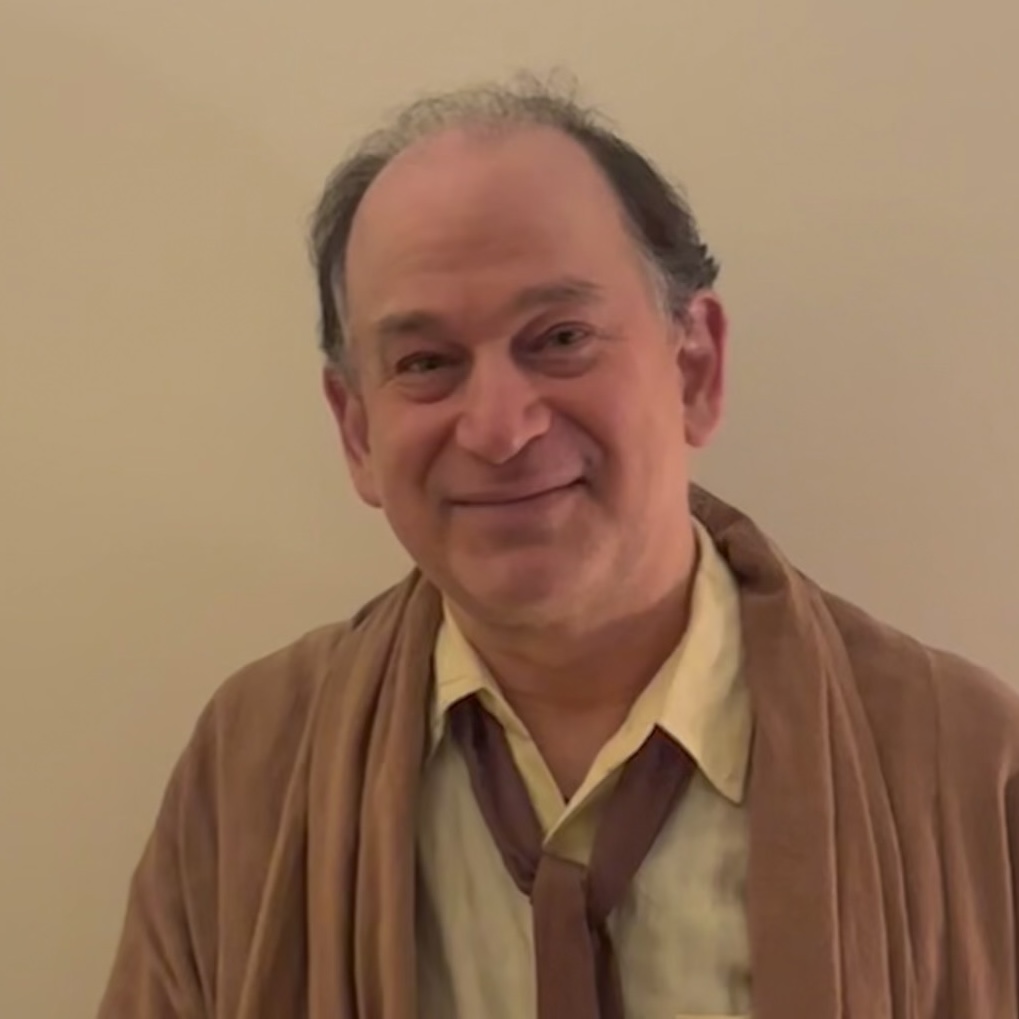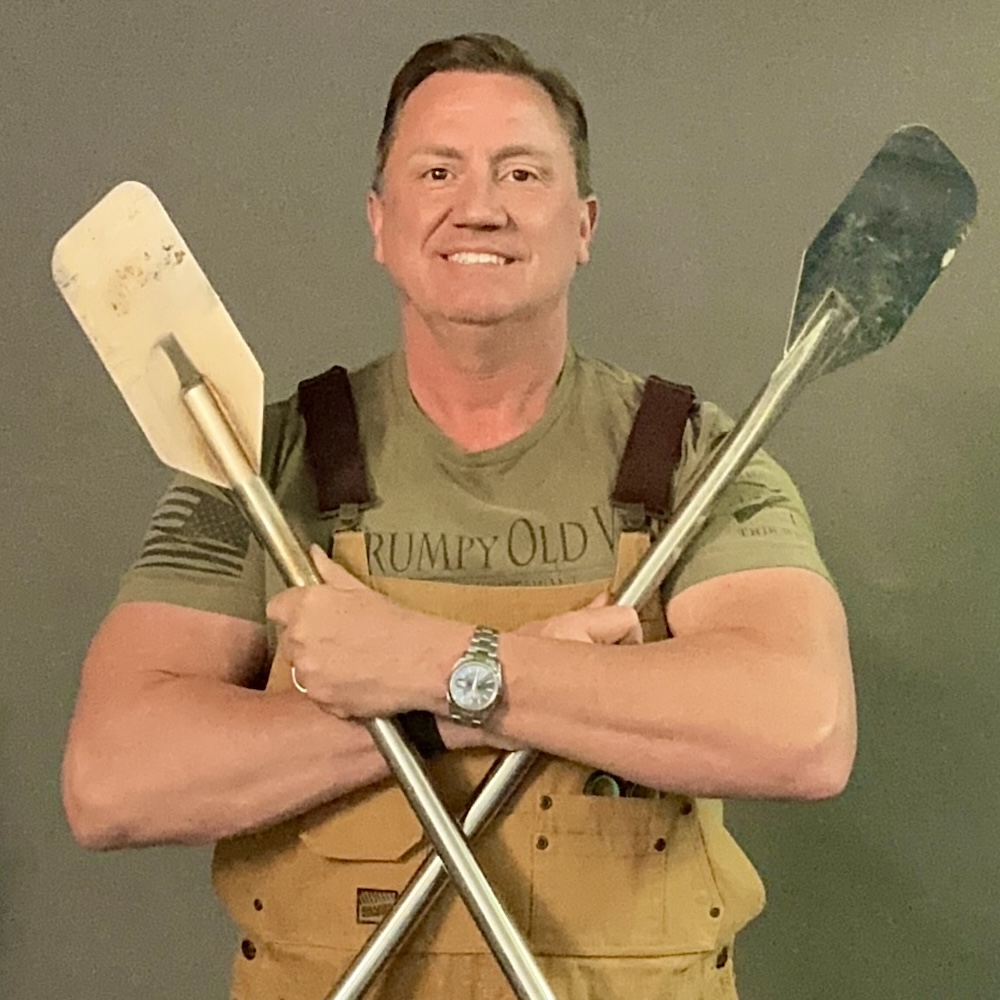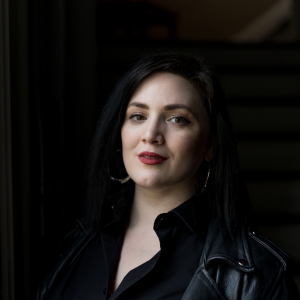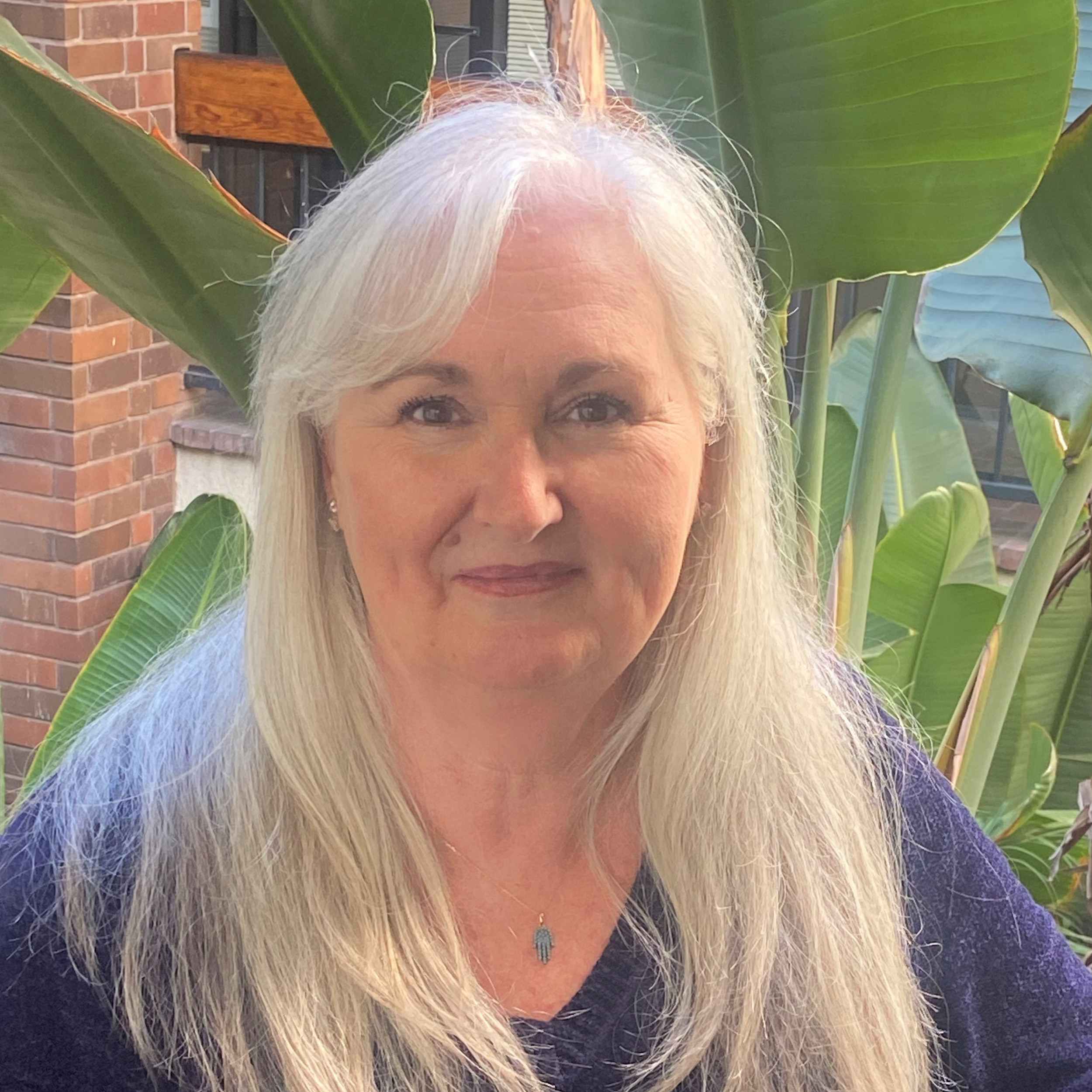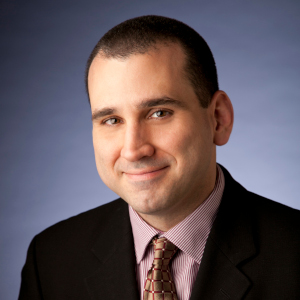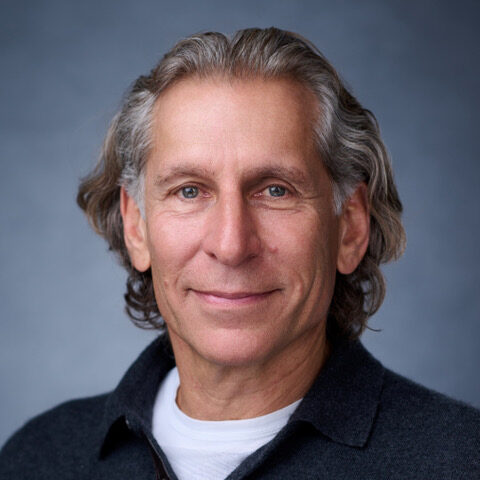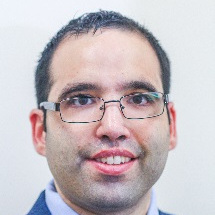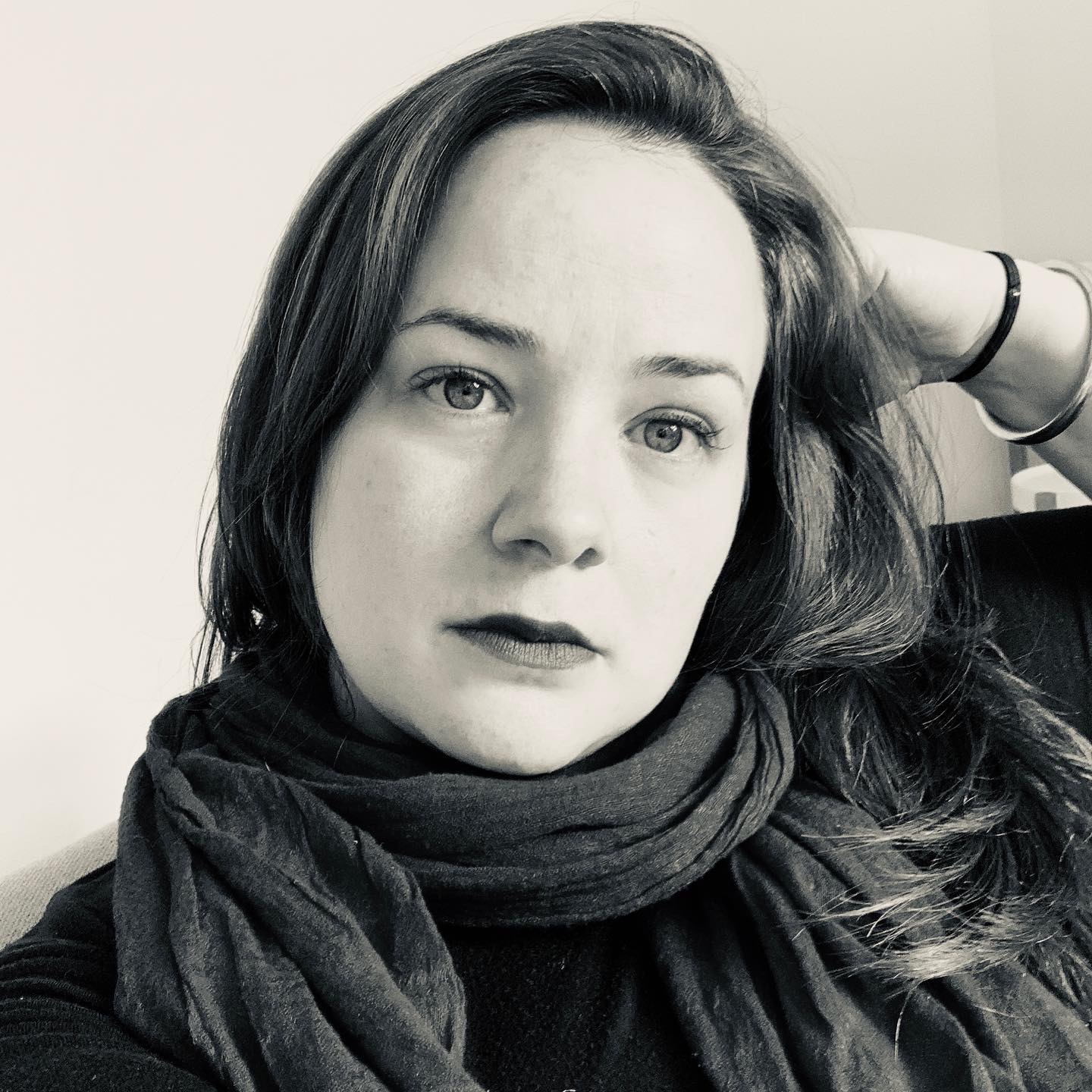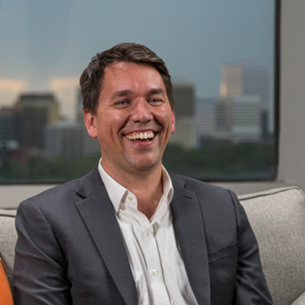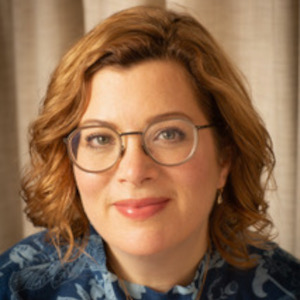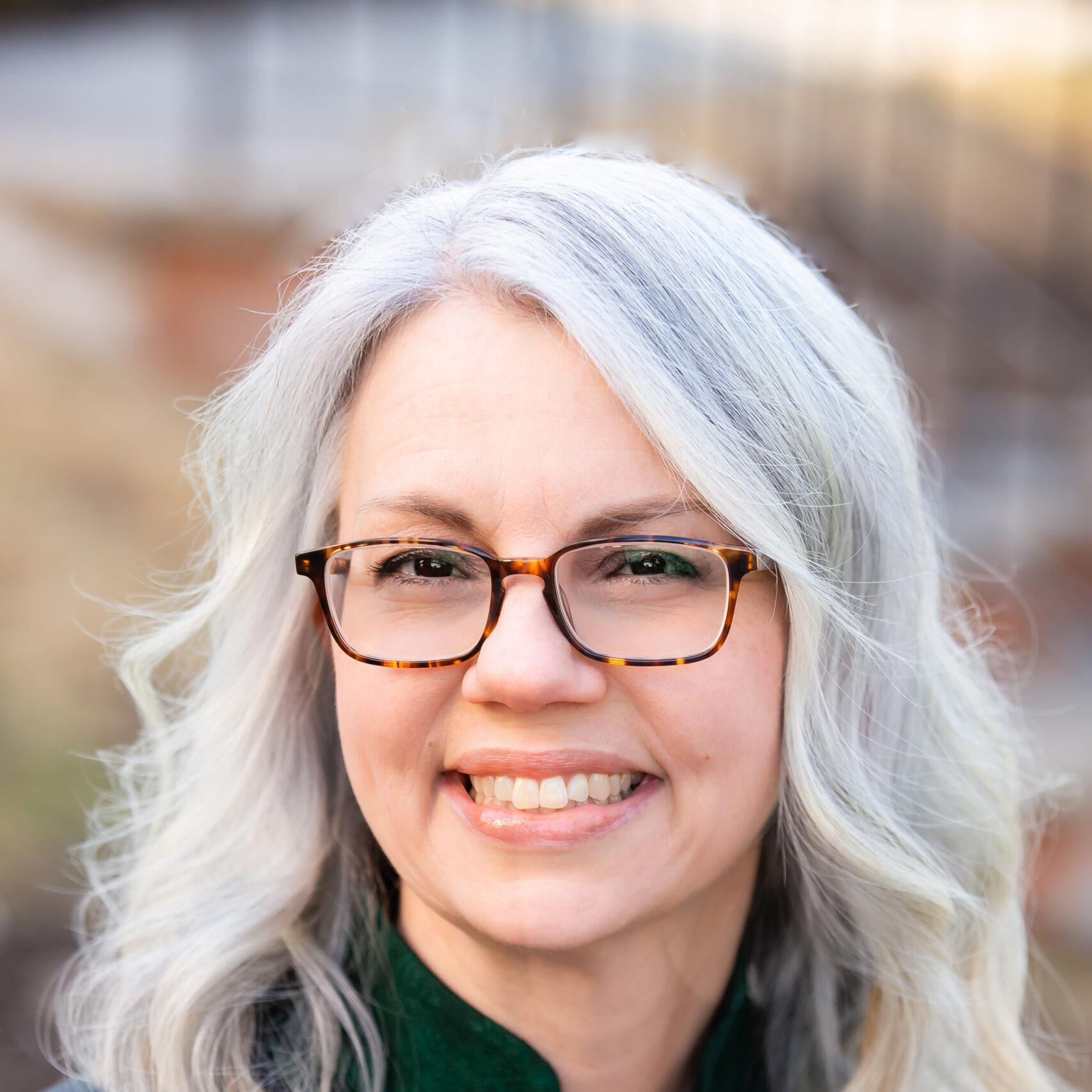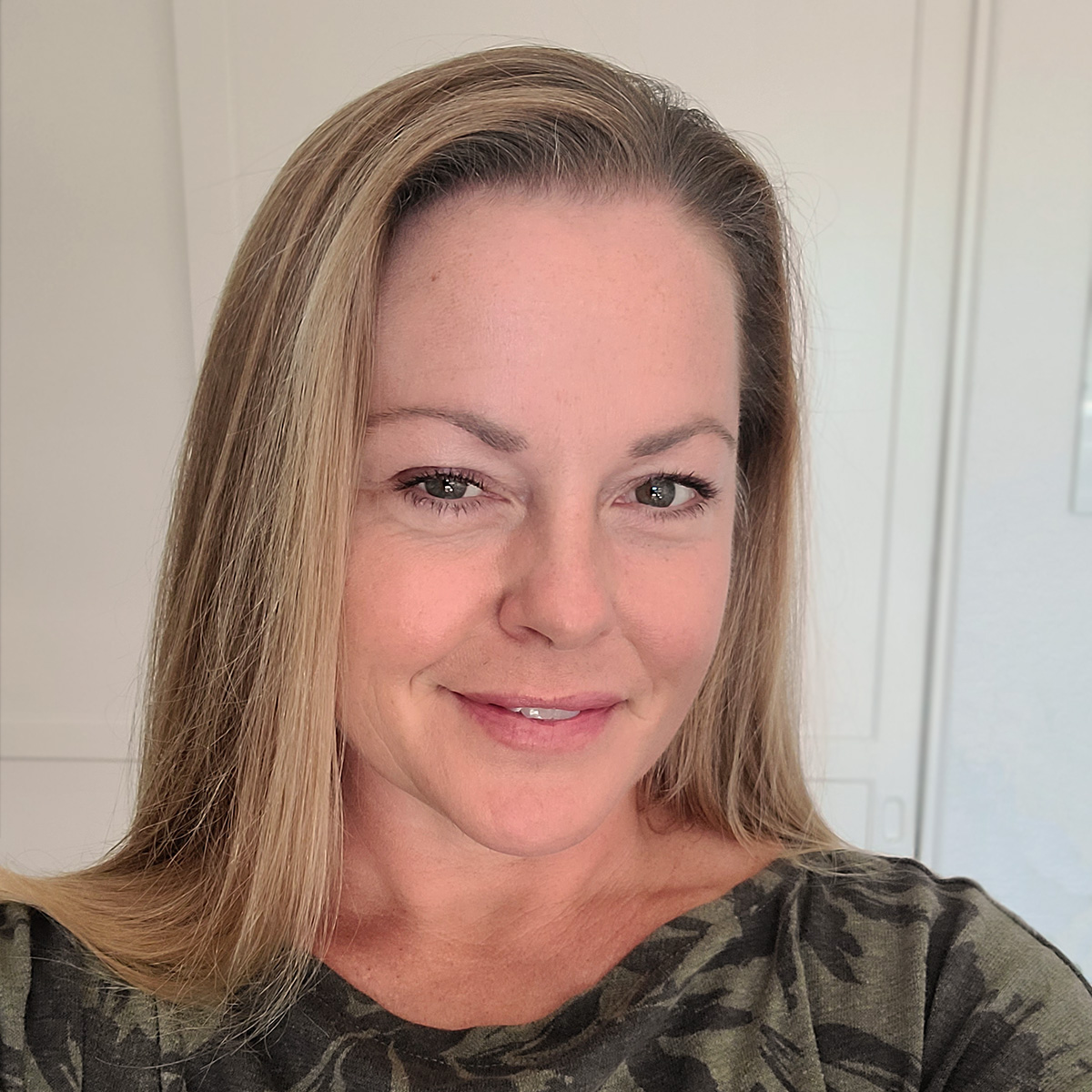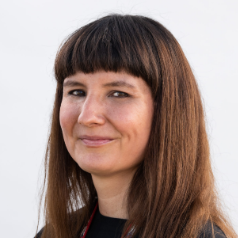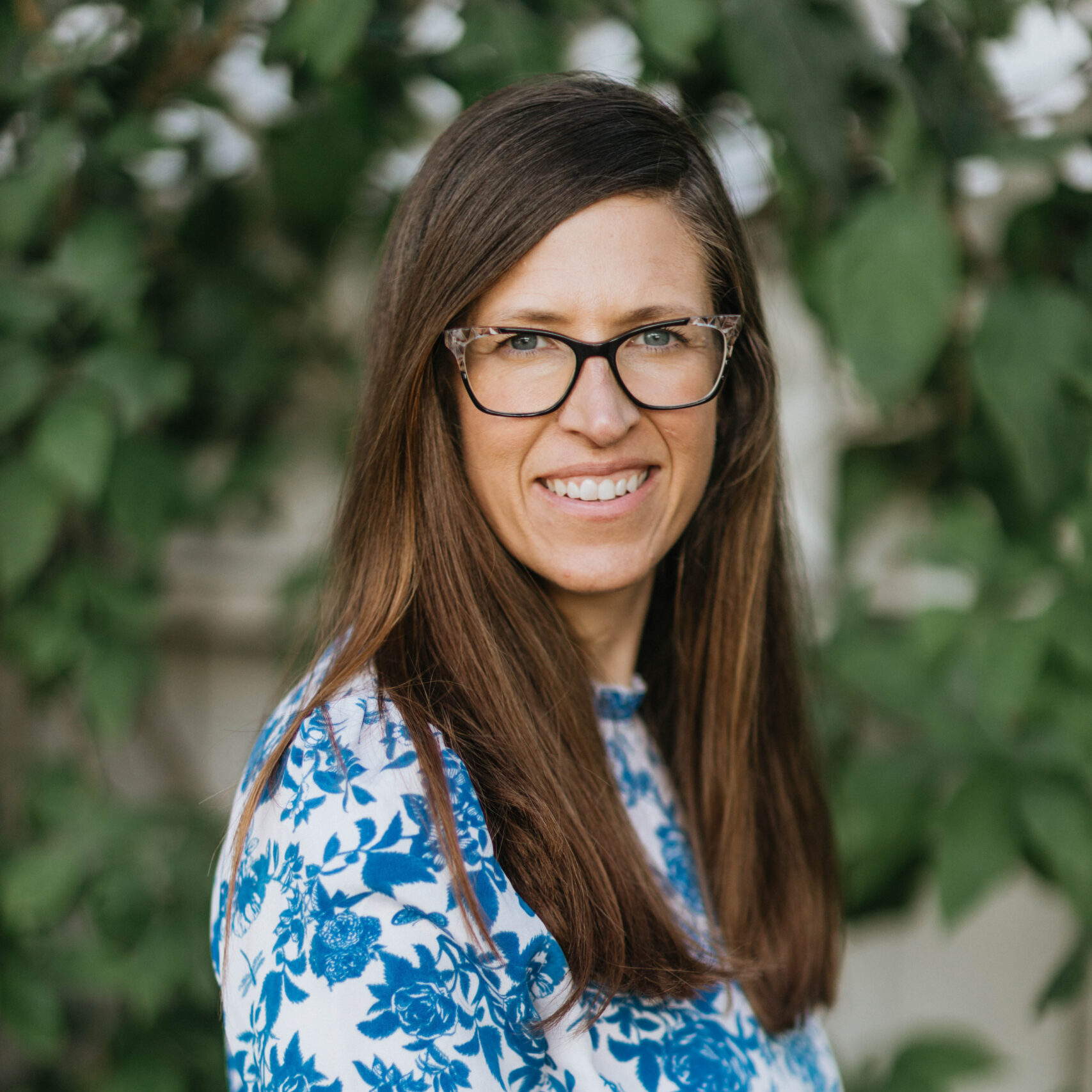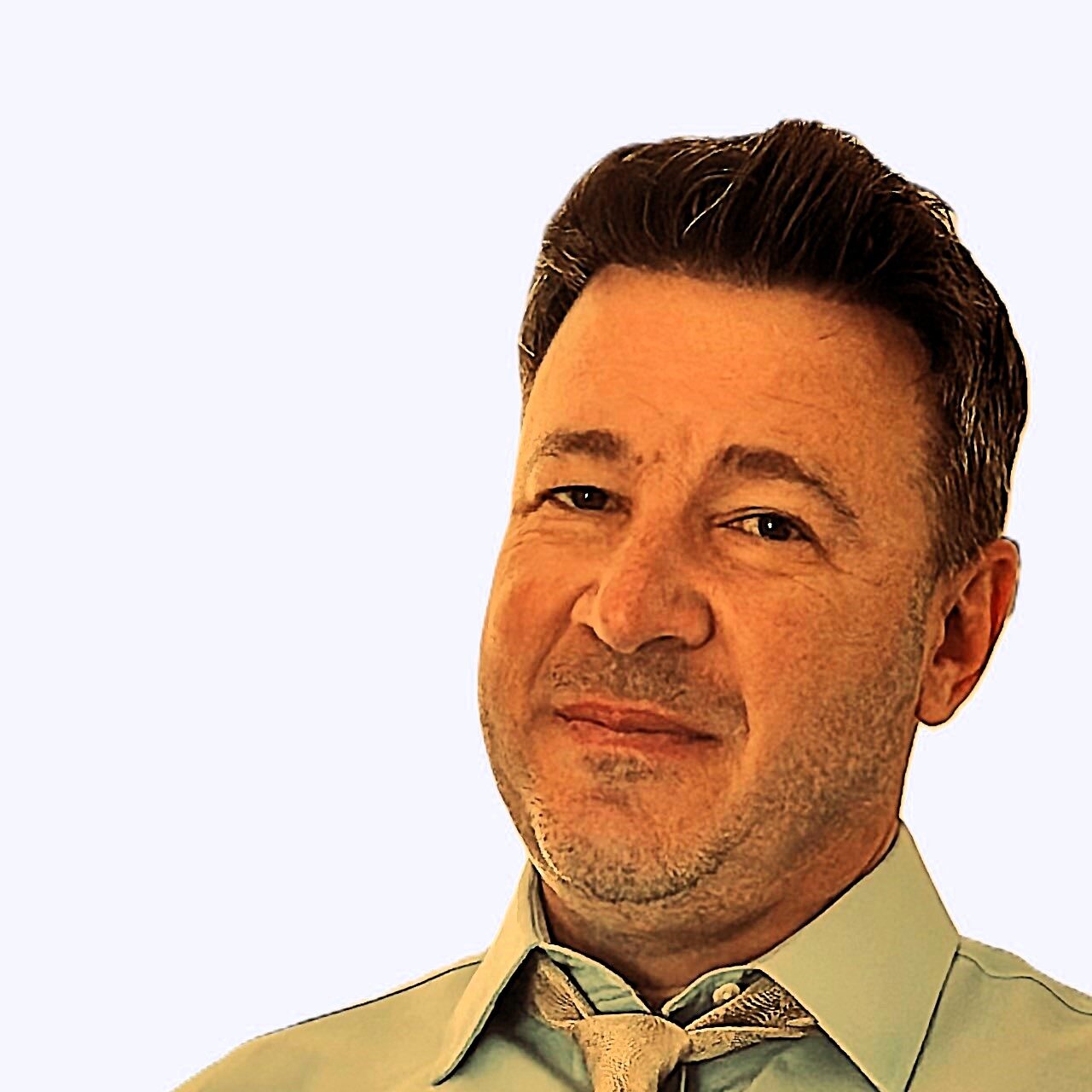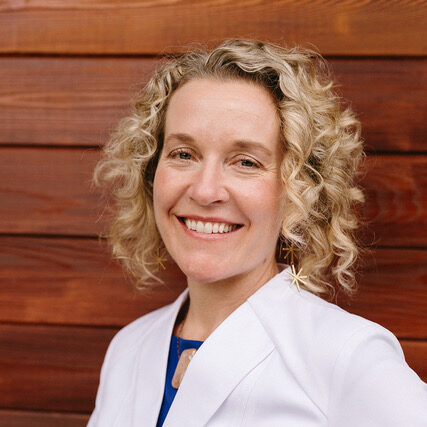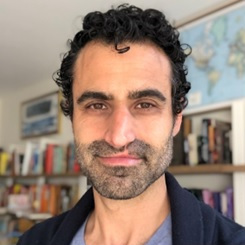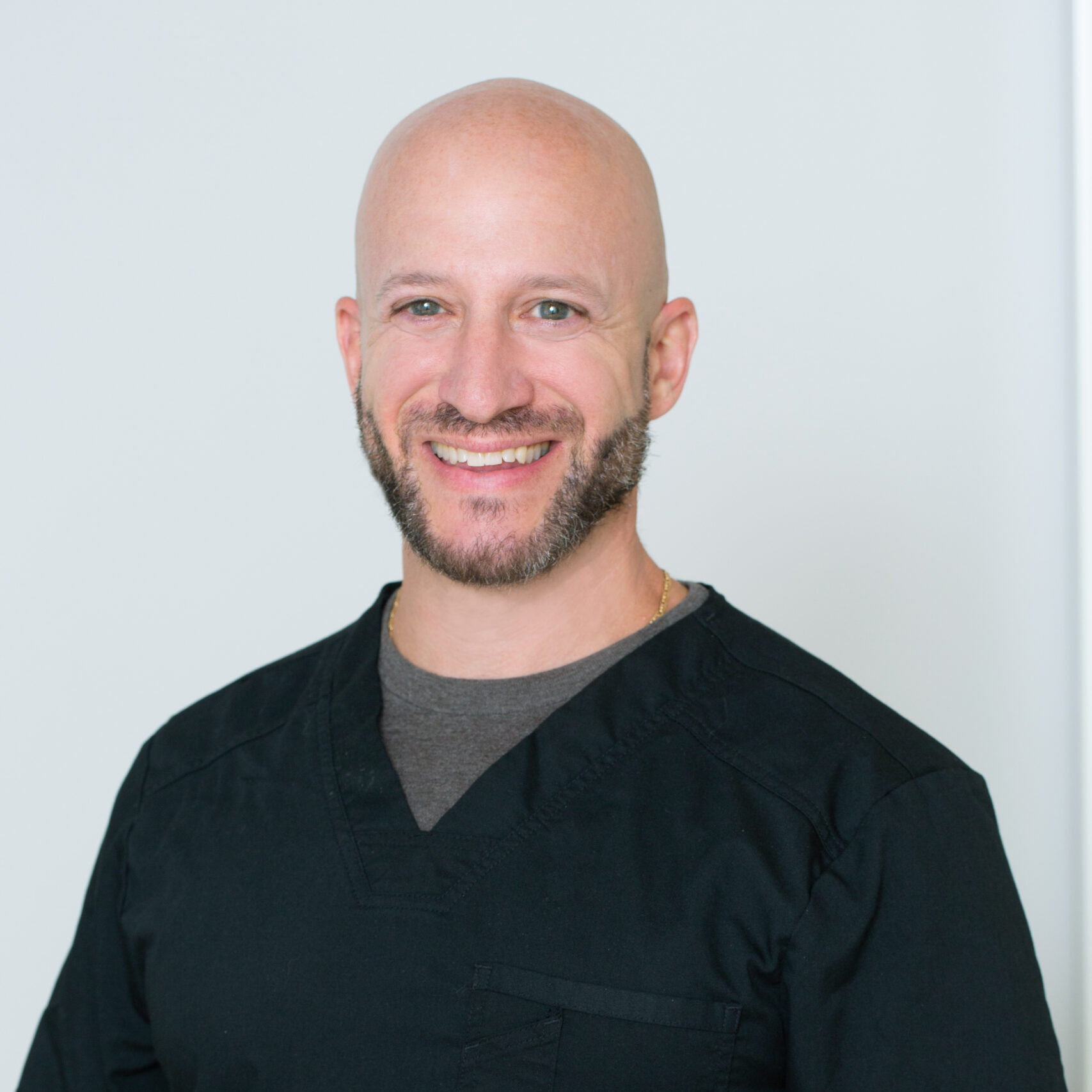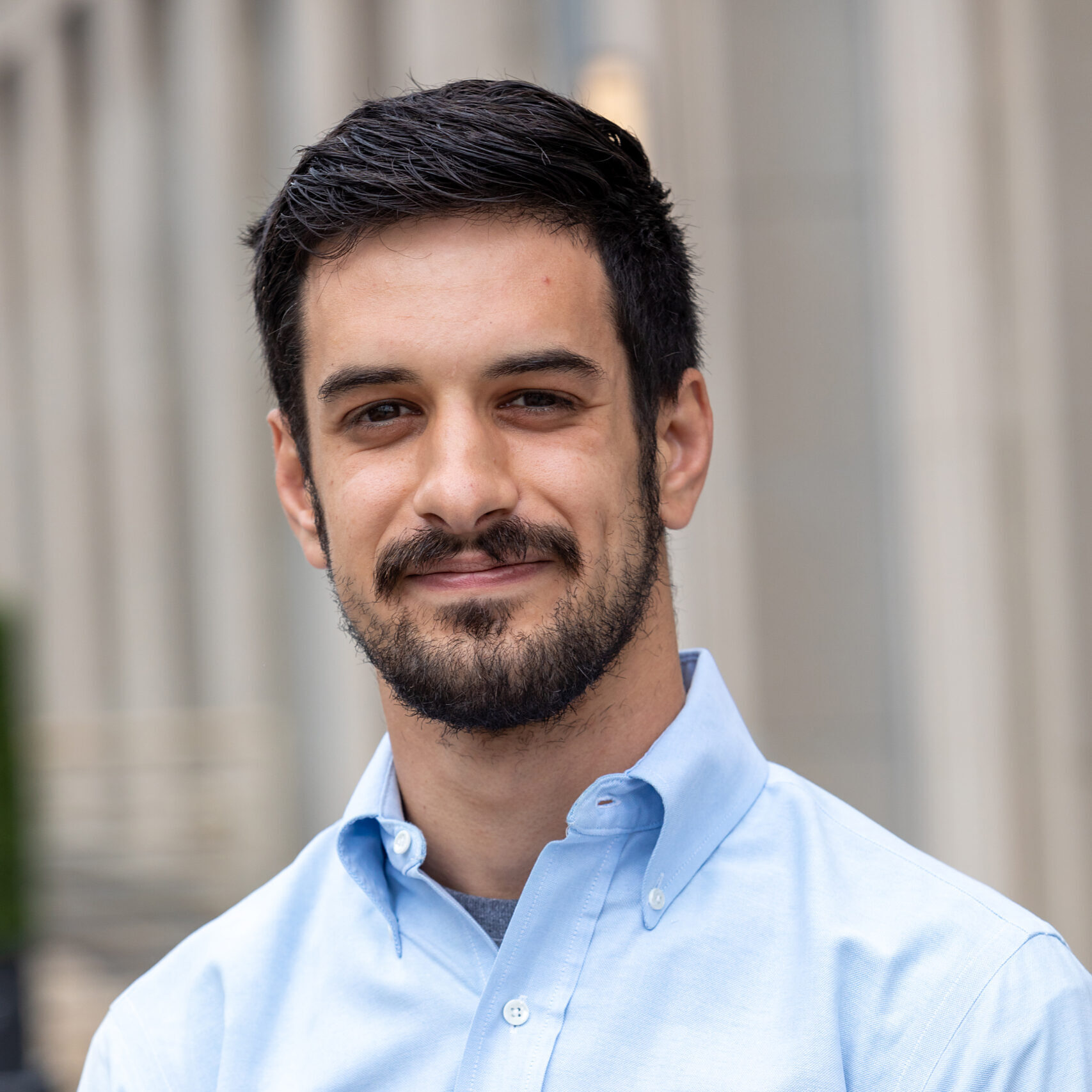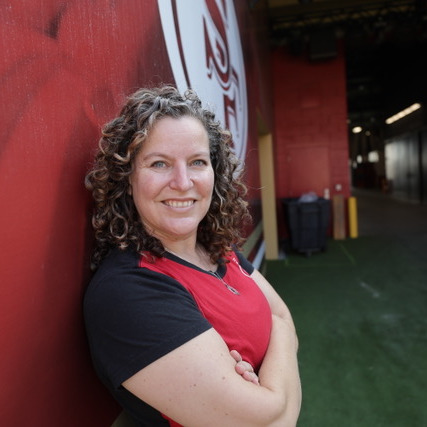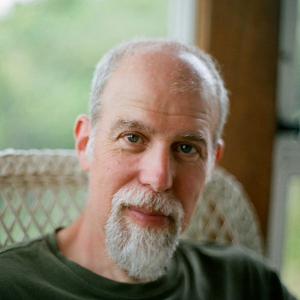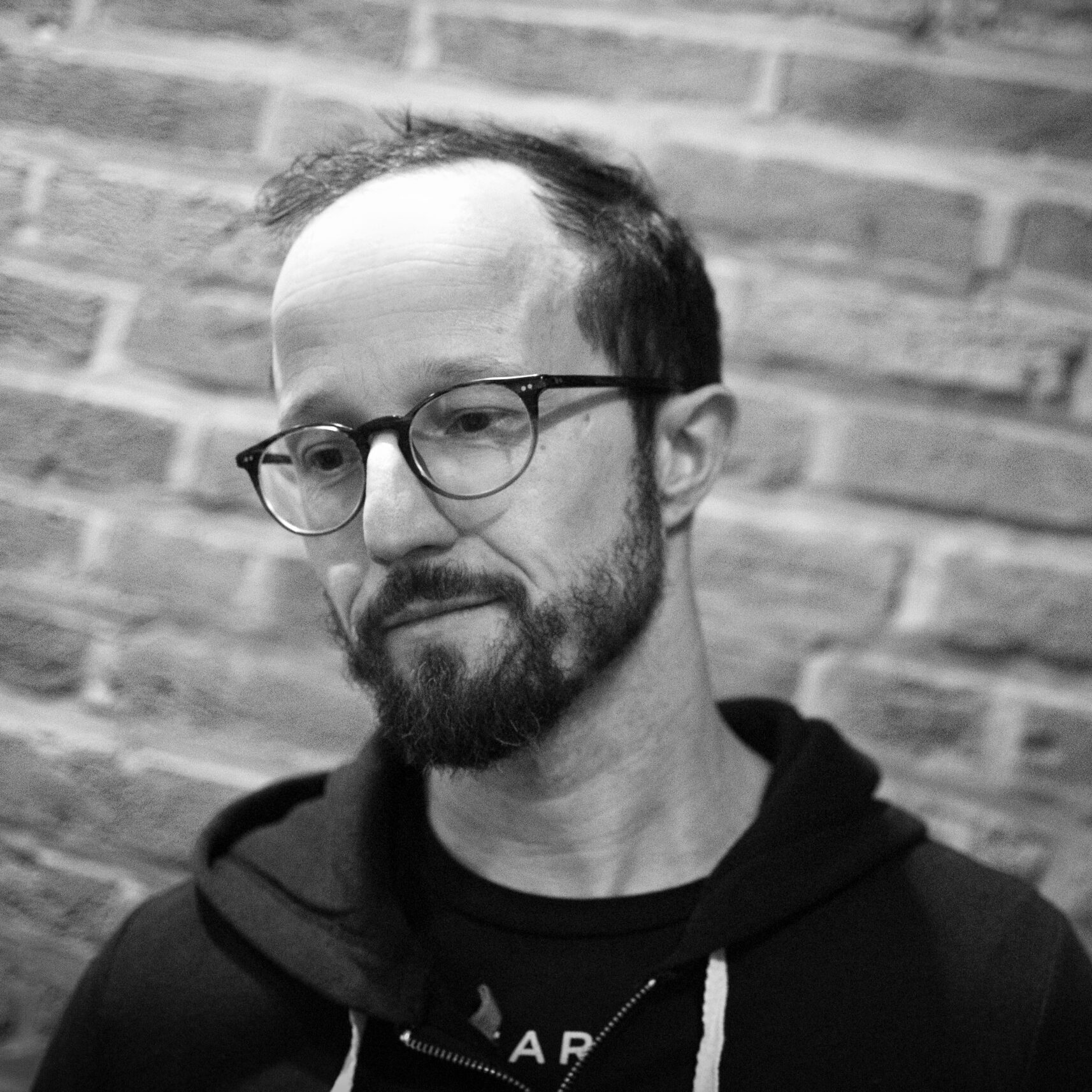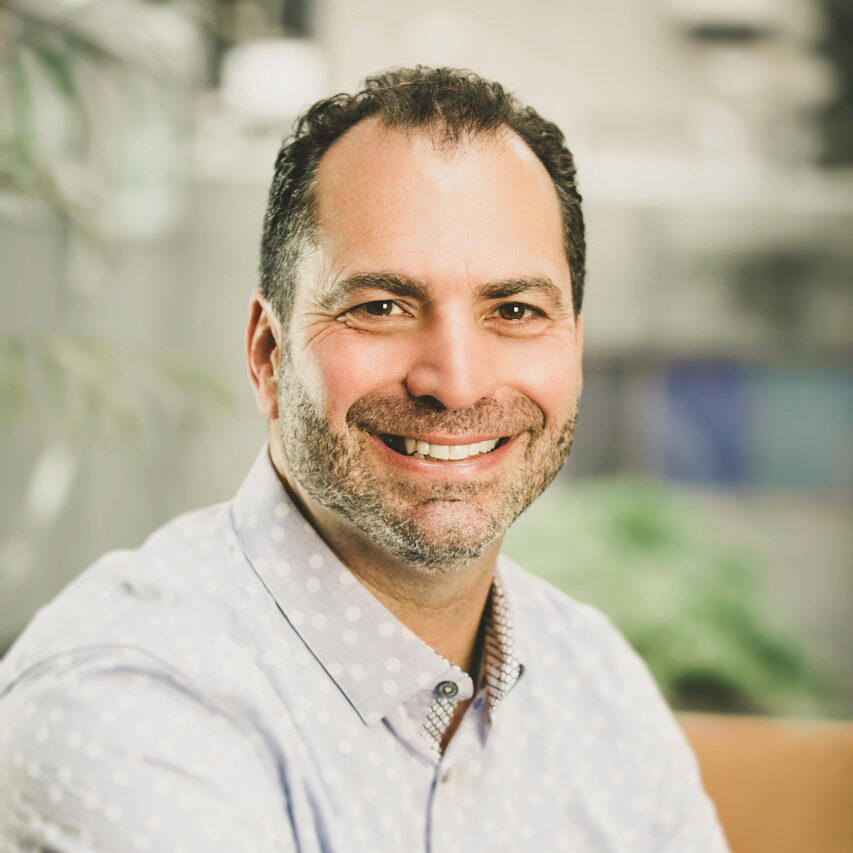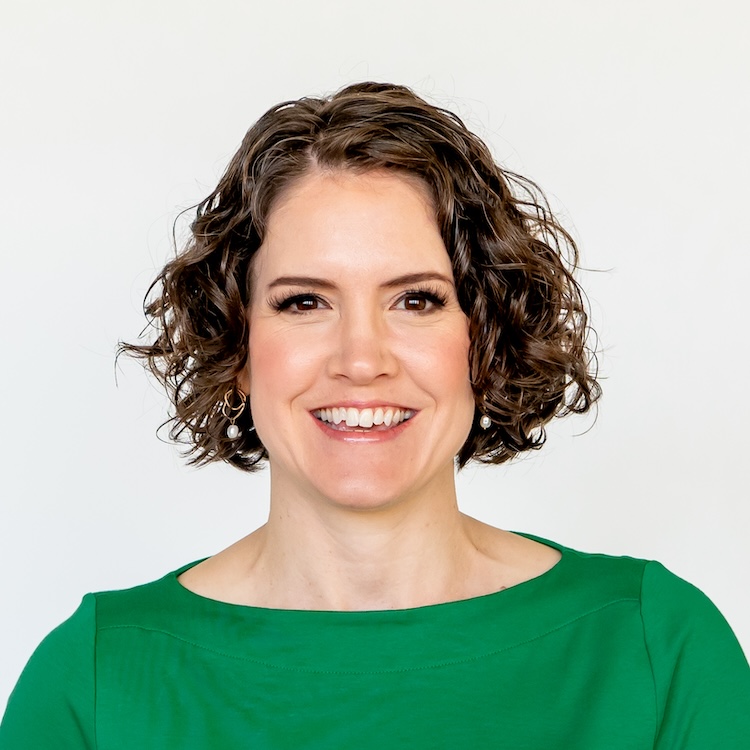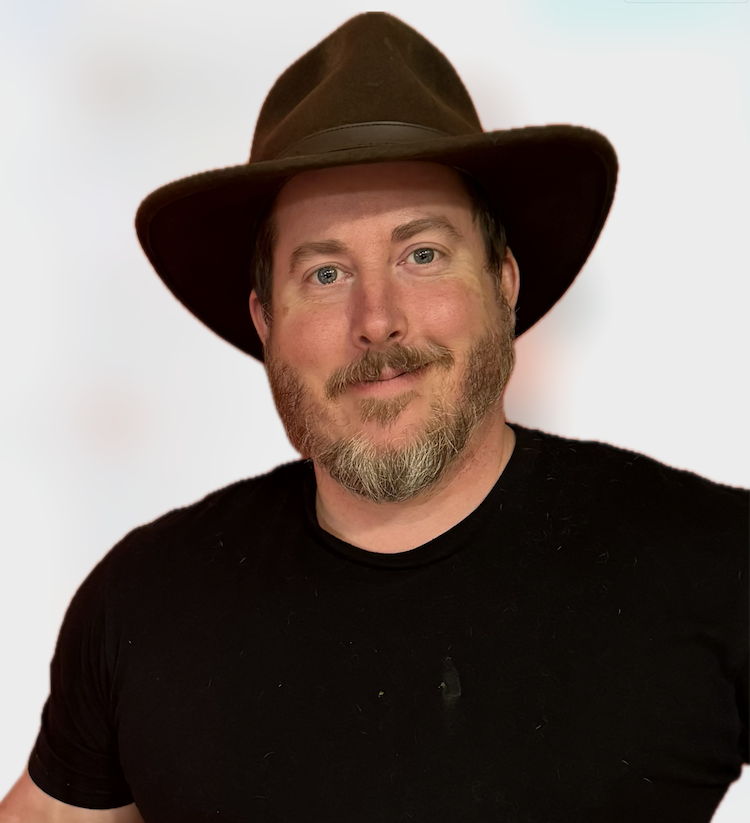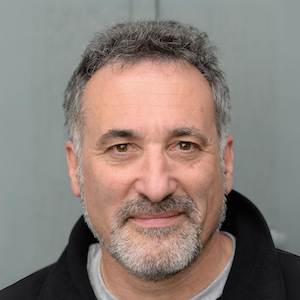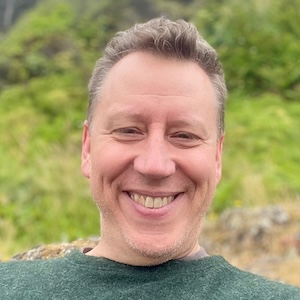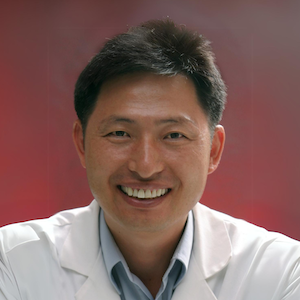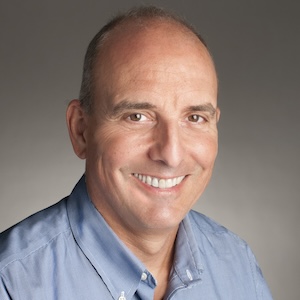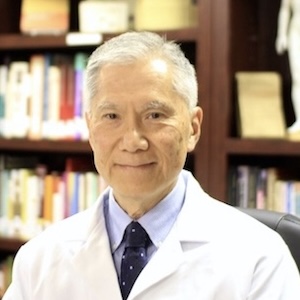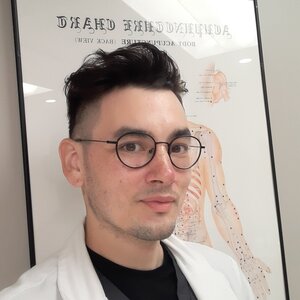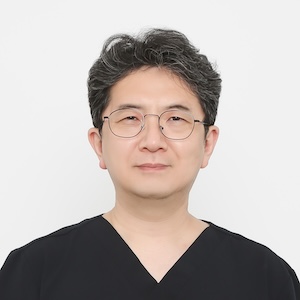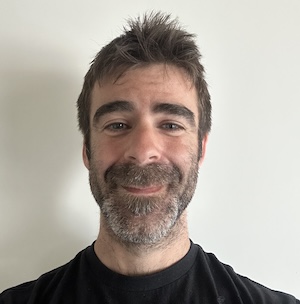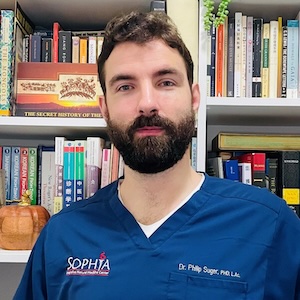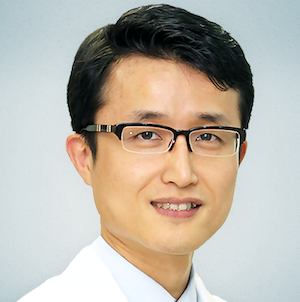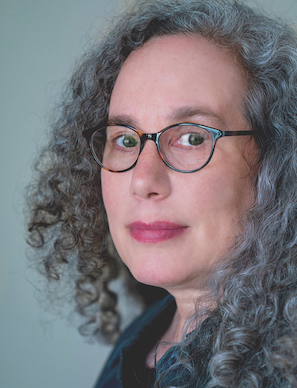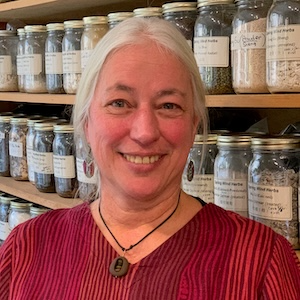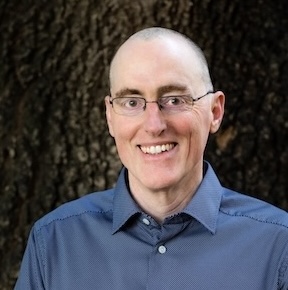Do you know the costs that go into creating the opportunity for a patient to lay on your table? Do you know how much you're paying yourself? Have you built a profit into your business?
We all know that word of mouth is the best form of marketing, but have you taught your patients how to talk about your practice to their family and friends?
In this conversation with Laura Christensenwe talk business, as she shares some of the insights and new processes she’s put into practice after working with a business coach who has helped her to take her successful practice and make it more productive, profitable and enjoyable.
Listen into this discussion on how paying attention to the nuts and bolts of your business not only will allow you to better understand your business, but free you up to focus more on your clinical work.
In This Conversation We Discuss:
- Systemic ways to pull business tools together
- Hierarchy and priority
- Patient education: How are you teaching your patients to educate other people?
- Do you know the cost of what it takes for a patient to lay on your table?
- Talking to patients in their own language
- Earning your patient’s trust
- Using scripts and flowcharts to improve consistency and set expectations
- How the DISC personality test gave insight into staff relationships
- The big Excel spreadsheet that is like the cockpit dials of an aircraft
- The vital necessity of knowing your Mission and Vision
- Being organized and having the right digital tools is essential
- Tips for improving your business
Earn your patient's trust
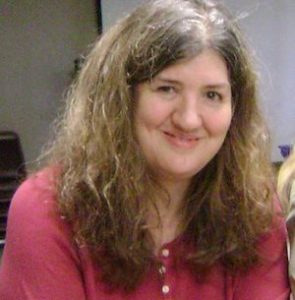 Back in '95 a patient told me that I was working “like a blind acupuncturist in Japan.” I was amazed, and curious to learn more. That lead me to study Japanese acupuncture in some depth and end up in a lineage of blind acupuncturists, using palpation as my main tool. I'll say that being trained as a cellist was very helpful in developing those skills as well.I love the fact that I work in a medicine where I can come to work and face a new challenge every day and keep learning. I'm afraid of thinking I've got it figured out. I know that leads to bad outcomes for our patients. We must continue to question ourselves, stay curious about the medicine, and be honest about our mistakes and shortcomings.
Back in '95 a patient told me that I was working “like a blind acupuncturist in Japan.” I was amazed, and curious to learn more. That lead me to study Japanese acupuncture in some depth and end up in a lineage of blind acupuncturists, using palpation as my main tool. I'll say that being trained as a cellist was very helpful in developing those skills as well.I love the fact that I work in a medicine where I can come to work and face a new challenge every day and keep learning. I'm afraid of thinking I've got it figured out. I know that leads to bad outcomes for our patients. We must continue to question ourselves, stay curious about the medicine, and be honest about our mistakes and shortcomings.
Enthusiasm is wonderful, but now that I am an older practitioner I find more comfort in curiosity and not knowing. This makes some other practitioners uncomfortable, but I know that each health journey is unique. A big challenge is actually patient education and managing their expectations for treatment. I work hard to help patients become owners of their health journey and help them stay focused on what they can do for themselves with my assistance. As a profession we still have a huge amount of education to do, to help our patients and future patients understand what to expect from our medicine and how to gain the most from what we do.

